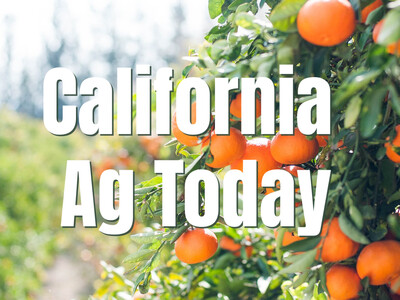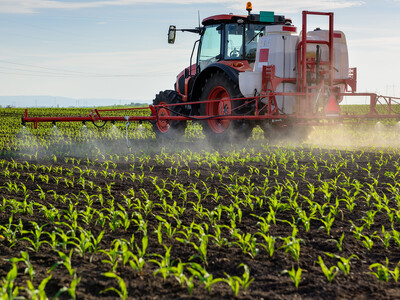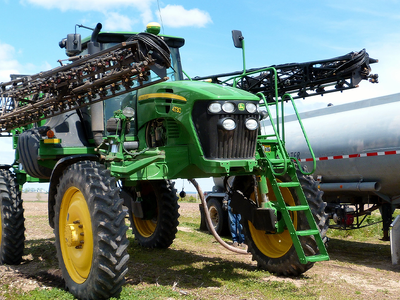De-carbonizing agricutlure

Tim Hammerich
News Reporter
When it comes to decarbonizing supply chains, there seems to be a lot more happening in other industries than there is in agriculture. One potential reason for this, says The Breakthrough Institute’s Alex Smith, is that people still think of agriculture in the pastoral way it looked 100 years ago, not the industrial way it operates today.
Smith… “It's things like improved mechanical equipment. The DOE is focusing on batteries for GM and Ford, you can do the same thing and get, like, John Deere have a whole different sort of set of technologies and yeah, there's a lot of pathways there. How do you make fertilizer without a ton of natural gas is a big question. How do you do that at scale? And I think like right now, the, for the world and for the future of agricultural abundance, we're gonna need to be able to add nutrients into soil and doing that in a way that's not reliant on fossil fuels and like the sort of fossil fuel infrastructure that we've had for the last century is probably gonna be a really important thing for the federal government and for sort of public research all over the world to sort of tackle. Producing ammonia without natural gas is a huge problem, and it's one that we can do, but we can't do it with any kind of scale or sort of cost efficiency.”
These things can happen, but it will require seeing agriculture in a similar way to how we see energy and other industries.












